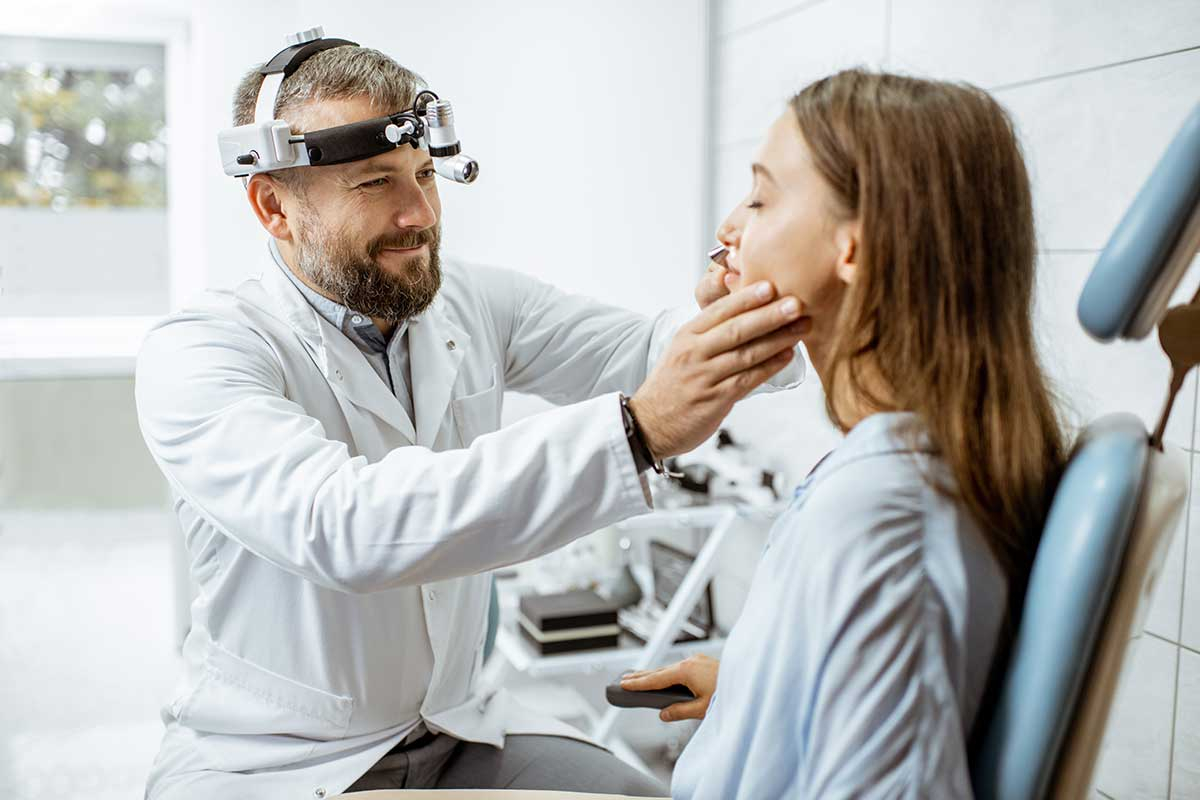Clinic Consultation is a trusted healthcare provider offering expert otolaryngologist consultations for individuals in Delta / BC. Our highly trained specialists are equipped to diagnose and treat a wide range of conditions related to the ears, nose, throat, and associated structures. Whether you're dealing with mild symptoms like nasal congestion or more complex issues such as hearing loss or balance disorders, our goal is to deliver quality care that enhances your well-being.
At Clinic Consultation in Delta / BC, we provide modern facilities and advanced diagnostic technologies to ensure accurate assessments and effective treatments. Our otolaryngologists take a personalized approach, tailoring care to meet the unique needs of each patient. We strive to create a professional yet compassionate environment where you can feel at ease during your visit.
If you're in Delta / BC and looking for a reliable otolaryngologist, Clinic Consultation is here to help. Schedule your appointment today and let our specialists assist you with conditions such as sinusitis, allergies, hearing problems, sleep disorders, and more. Your health is our priority, and we are committed to providing exceptional care for you and your family.
An otolaryngologist, also known as an ENT specialist, diagnoses and treats conditions related to the ears, nose, throat, and structures of the head and neck. These specialists handle a wide range of issues, from ear infections and hearing loss to breathing difficulties and voice problems. They also perform surgical procedures when necessary, such as tonsillectomies or correcting a deviated septum.
Otolaryngologists are essential for maintaining the health of vital functions like hearing, breathing, and speaking. Their expertise ensures effective treatment plans tailored to the specific needs of each patient.
What Conditions Does an Otolaryngologist Treat?
- Sinusitis: Inflammation of the sinuses causing facial pain and congestion.
- Otitis: Acute or chronic ear infections.
- Deviated Septum: Structural issues in the nasal passages affecting breathing.
- Tonsillitis: Swelling of the tonsils, often accompanied by a sore throat and fever.
- Sleep Apnea and Snoring: Breathing disorders during sleep.
- Laryngitis: Vocal cord inflammation leading to hoarseness or voice loss.
- Vertigo and Dizziness: Balance problems related to inner ear disorders.
How Can an Otolaryngologist Help?
An otolaryngologist helps alleviate symptoms that affect hearing, breathing, and overall quality of life. They provide care for recurring infections, identify underlying causes of chronic nasal congestion, and offer solutions for conditions like sleep apnea.
Their interventions can also prevent complications from untreated conditions, such as prolonged sinus infections leading to more severe issues. With their help, patients regain comfort in their daily activities, from clear breathing to improved hearing.
What Tests Do Otolaryngologists Request?
- Audiometry: Measures hearing ability.
- Nasopharyngoscopy: Examines nasal and throat passages using a specialized camera.
- ENT Endoscopy: Provides detailed images of upper airways.
- Balance Tests: Evaluate causes of dizziness or vertigo.
- Rhinomanometry: Assesses airflow through nasal passages.
- Videolaryngoscopy: Examines the vocal cords and larynx.
- Imaging Tests: Such as X-rays or CT scans, to assess sinus issues or nasal obstructions.
When Should You See an Otolaryngologist?
- Recurring Infections: Repeated cases of ear infections, sinusitis, or tonsillitis.
- Breathing Difficulties: Persistent nasal blockage or snoring.
- Hearing Problems: Loss of hearing or a feeling of clogged ears.
- Balance Issues: Frequent dizziness or vertigo.
- Voice Changes: Hoarseness or persistent loss of voice.
- Chronic Pain: Facial, throat, or ear pain that doesn’t improve.
- Sleep Apnea Symptoms: Difficulty breathing while sleeping or excessive snoring.
Preventing ENT-related conditions involves maintaining good hygiene, avoiding prolonged exposure to loud noises, and treating colds promptly. It’s also important to avoid self-medication, such as overusing nasal decongestants.
Routine check-ups, healthy hydration, and avoiding exposure to allergens can also minimize risks. Early diagnosis through regular ENT consultations is crucial for prevention.
What to Ask an Otolaryngologist During Your First Visit?
- What could be causing my symptoms?
- Are there additional tests needed to confirm the diagnosis?
- What are the treatment options available?
- Are there non-invasive alternatives?
- How can I prevent this condition from worsening?
- How often should I schedule follow-up visits?
- Are there lifestyle changes that could support my recovery?
At Clinic Consultation, we provide experienced otolaryngologists ready to address all your concerns. Book your appointment today and receive comprehensive, personalized care tailored to your needs.
